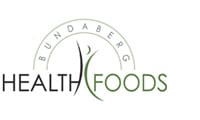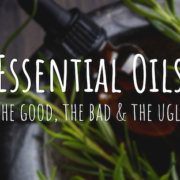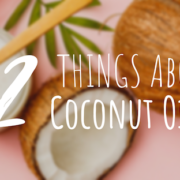13 Things I Wish I Knew a Year Ago About Supplements
You should naturally be able to get all the nutrients you need from the food you eat provided it is a well-balanced diet comprised of whole foods, including fruits and vegetables but this doesn’t necessarily mean that it’s time to clean out your medicine cabinet and flush all your supplements down the drain. Multivitamin and mineral supplements are essential. The typical diet nowadays, which contains processed or junk food, is far from nutritious.
Here are 13 things you should know about supplements:
- Supplements are not a replacement for food rather they should be taken to provide additional nutrients when your diet may be lacking.
- Most dietary supplements are safe, but not everyone needs to take all of them to maintain or improve their health.
- Some supplements may have side effects and may cause adverse problems if you have certain health conditions.
- Dietary supplements are regulated by the Food and Drug Administration (FDA) as foods, not drugs; therefore, unlike medicines, they can’t claim to cure, treat or prevent a disease.
- Some supplements such as multivitamins, calcium and vitamins B, C, and D have been shown to enhance health in different ways such as supporting bone health, preventing cell damage and helping the body absorb calcium.
- A typical vegan diet does not contain animal products such as meat, milk, and other dairy foods. Therefore, vegans can supplement with Vitamin B12 to minimize their risk of developing low blood levels of this essential vitamin.
- Herb supplements such as comfrey (blackwort) and kava have proven effective in treating cancer among other ailments and anxiety respectfully, but they are linked to liver damage.
- Mineral supplements such as iron, boron, and selenium can also be dangerous when taken in large doses over extended periods of time.
- Some dietary supplements have been shown to interact with prescription medications, or even with each other and may build up to toxic levels in the body.
- Research shows that about 95% of all bodybuilding supplements are not safe and are generally a waste of your hard-earned money. For example, plant sterol supplements are effective for reducing cholesterol levels. However, a research study has uncovered that they can accumulate in heart valves and lead to stenosis.
- While the health effects and chemical makeup of some common supplements need more study, obviously supplements that are not derived from vitamins and minerals such as fish oil (which promotes heart health among other things) has been shown to have the most science-based evidence to support its use.
- In order to be on the safe side when looking for a specific supplement to support your need, your doctor or a registered dietitian should be your first port of call because he or she can help you find out what you need.
- Always check for seals of approval that ensures the supplement is not only safe and but also effective in its intended purpose.












